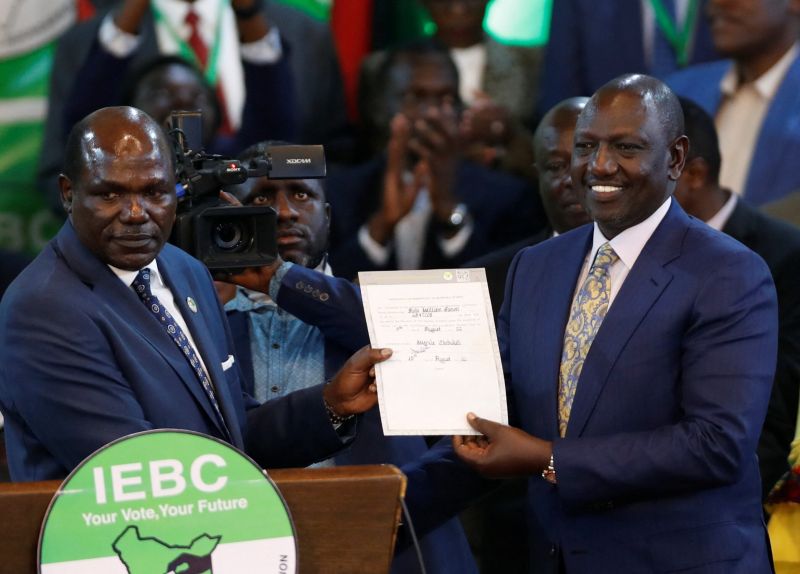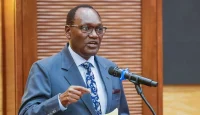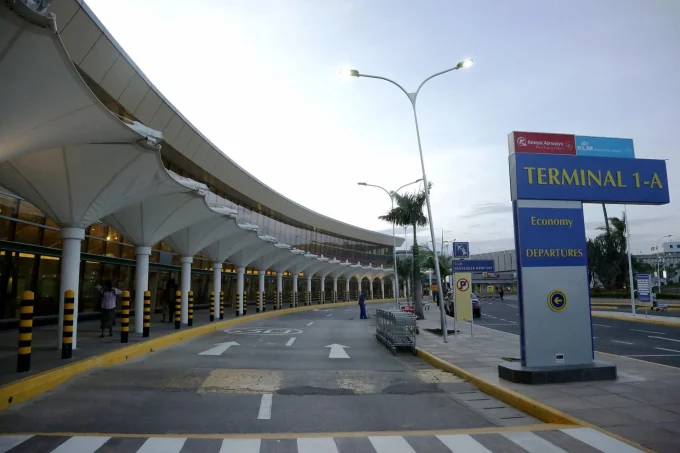The High Court judge overseeing the 2022 election case against the Independent Electoral and Boundaries Commission (IEBC) has dismissed the petition which accused the voting authority of secrecy in conducting the last national polls.
In his ruling, Honourable Justice Mugambi Lawrence Nthiga of the Milimani Law Courts, Nairobi, found that the IEBC acted within the law when it closed the online results transmission portal 90 days after the general elections.
“The closure of the online portal within 90 days of the election complies with Section 39(1C) of the Elections Act, which mandates its use for the transmission of election results, not as a long-term archive,” ruled Justice Mugambi.
> 10 Smart Ways to Cash in on Election Seasons in Kenya
The petitioners, led by the Kenya Human Rights Commission (KHRC) and Inuka Kenya Ni Sisi Limited, filed the suit faulting former chairman of the IEBC, Wafula Chebukati, and the entire electoral commission for closing the portal within three months of the 2022 General Election, claiming that it violated the public’s constitutional right to access information, transparency, and fair administrative action.
“Chebukati and the IEBC failed to uphold their mandate as envisaged under Section 39(1C) of the Elections Act,” KHRC had argued, alleging that the transmission and access of particularly the outcomes of presidential elections almost totally failed to meet the transparency requirements as a result.
Due to that, the civil society groups put forward, the IEBC should have kept the online portal permanently open to allow the public continued access to Forms 34A and 34B, which were key documents in the transmission and tallying of presidential election results both at the polling level and at the national election counting centre at the Bomas of Kenya.
The failure of this, the petitioners argued, made it difficult for members of the public to independently verify the election results, thereby casting doubts on the credibility of the polls.
In their defence, IEBC and Chebukati affirmed that closing the portal after 90 days complied with the Elections Act. They explained that they had created a publicly accessible platform for viewing and downloading Forms 34A, 34B, and 34C within the legally prescribed period.
After hearing arguments from both sides, Justice Mugambi ruled in favour of IEBC and its former chairperson, decisively ending the case.
“The period for accessing these documents is clearly defined by law, and the 90-day window provided ample time for public access,” the judge stated, dismissing the petition.
> What to Know about President Ruto’s Planned Nationwide Livestock Vaccination Programme













Leave a comment